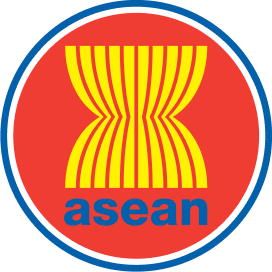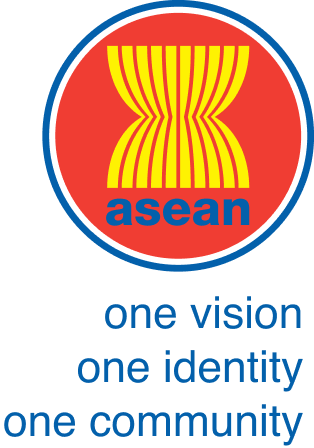
Overview
Human beings make decisions based on how their thoughts are shaped by the society in which they live, and it is the role of development policy to find ways to assist individuals and communities in taking advantage of opportunities to improve their lives (World Bank, 2015). People do not make explicit reference to how societal influences – such as having caring responsibilities as an older sibling or being discriminated against as a minority group – affect their choices. Yet these very identities play a significant role in one’s ability to improve one’s life choices and future outcomes.
These aspects of people’s lives arise from society’s modes of thinking about individuals, with regards, for example, to gender, age, ethnicity, language, sexuality, and location. Such societal differentiation of individuals results in individuals been accorded status based on dominant beliefs and values accorded to particular occupations. For example, ‘a farmer is less successful than a professional’. These socially held beliefs affect the status that is accorded to an individual. It is important to emphasise that these identities are a social construct that is formed and re-formed through social beliefs and practices. Socially held beliefs are also subject to political manipulation and affected by institutional framing at multiple levels (e.g., local, sub-national, national, regional). These beliefs and identities do not emanate from a set of objective facts. Nor are they the product of natural differences. They are socially constructed. For instance, people may regard others of a different ethnicity as being less intelligent, but this ordering of intelligence between ethnic groups will change based on the ethnicity of a particular observer. It is a relative ordering and not a fixed or singular point (Bates, 2006).
Policy Implications
Promote the plurality of identities that exist in the region. As identities have the potential to be ‘drivers for change’ they can be valuable assistance in achieving public policy objectives. There is particular value in recognising the importance of multiple identities for achieving a sense of selfhood, and is a feature that is highly significant in in Southeast Asia, where there are multi-ethnic and multi-religious societies and where multiple identities can weave a richer fabric for social integration. There is a positive outcome at different scales” for individuals, communities, nations and the entire region











